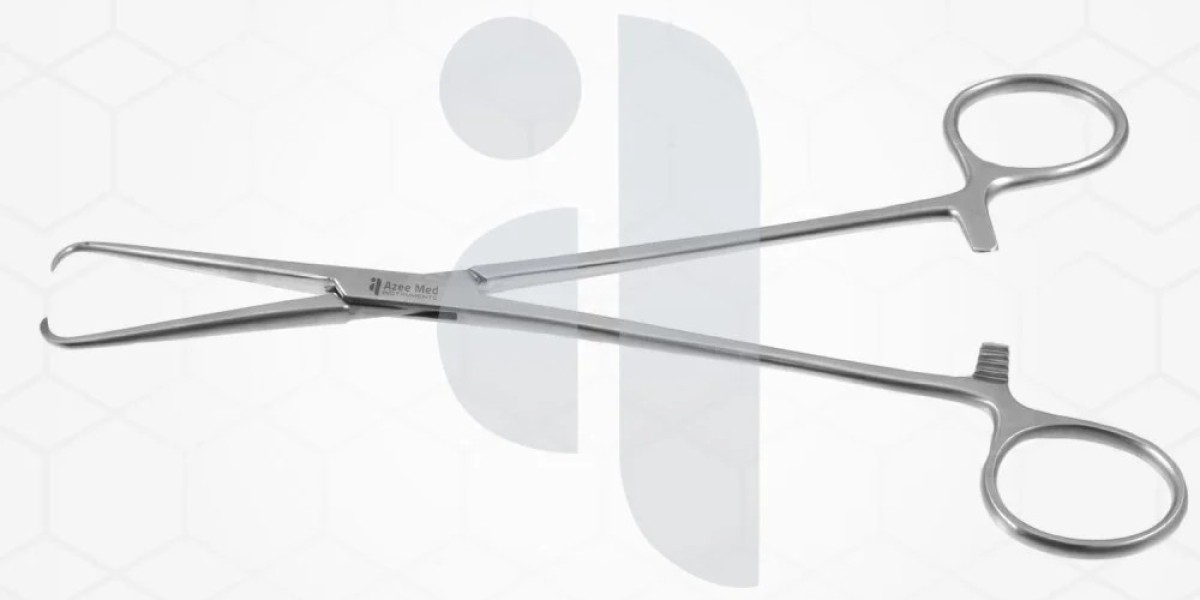Surgical forceps are integral tools used in medical procedures, designed for grasping, holding, and manipulating tissues. These instruments are indispensable in ensuring precision and control during surgeries, allowing healthcare professionals to perform with accuracy and confidence. From delicate operations to more invasive procedures, surgical forceps serve a vital role in a wide array of medical interventions.
Types and Functions of Surgical Forceps
Surgical forceps come in a variety of forms, each tailored to fulfill specific tasks in the operating room. Depending on their design, forceps may be categorized as either locking or non-locking. Locking forceps, often referred to as hemostats, are used to clamp and secure tissue or stop bleeding. Non-locking forceps, on the other hand, resemble tweezers and provide better control for delicate handling.
One of the most commonly used forceps in surgical practice is the dissecting forceps. This type is especially essential for fine and careful handling of tissues. Its design ensures minimal trauma, making it a reliable choice for grasping or isolating structures during procedures. The precision of dissecting forceps highlights their importance across various surgical specialties.
Materials and Sterilization
The choice of material for manufacturing surgical forceps emphasizes durability and hygiene. Stainless steel is the most widely used material due to its corrosion resistance and ability to withstand multiple sterilizations. For specific medical needs, disposable forceps made of high-quality plastics are also utilized.
Sterilization is critical to ensuring the safety and efficacy of these instruments. Surgical forceps are sterilized through methods like autoclaving or chemical disinfection to eliminate potential contaminants. This crucial process minimizes the risk of infection, protecting both patients and medical staff.
Importance in Modern Medicine
Surgical forceps are not only versatile but also pivotal for maintaining the precision required in surgical settings. These instruments are meticulously designed to cater to diverse medical requirements, from general surgeries to highly specialized fields like neurosurgery or ophthalmology. Their streamlined functionality improves surgical outcomes and enhances patient care.
The Role of Innovation in Surgical Instruments
Advancements in medical technology continue to influence the design and efficiency of surgical forceps. Innovations include ergonomic handles for better control and materials that further reduce the risk of tissue adhesion. These developments align with the overarching goal of improving both surgical accuracy and patient safety.
Conclusion
Surgical forceps are indispensable instruments that epitomize precision and reliability in the medical field. Their variety, functionality, and adaptability make them essential across countless procedures. Whether used for delicate dissections or robust clamping, surgical forceps like dissecting forceps embody the excellence required in modern healthcare. With ongoing advancements, these instruments will only become more refined, ensuring better outcomes for patients and practitioners alike.








